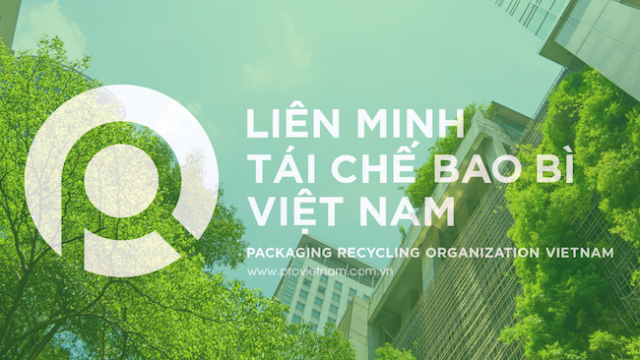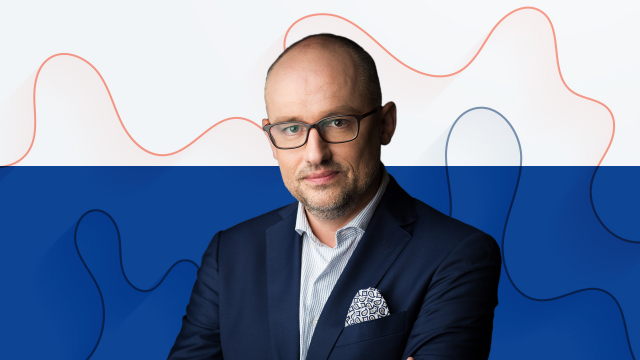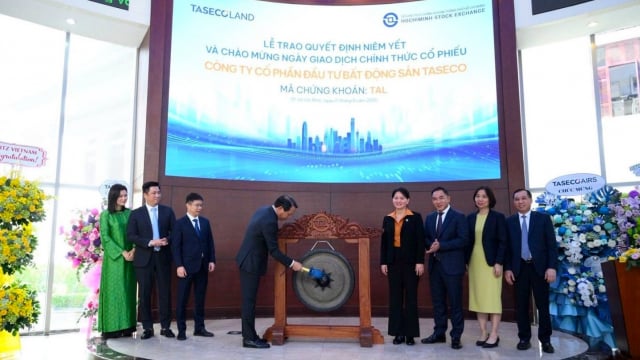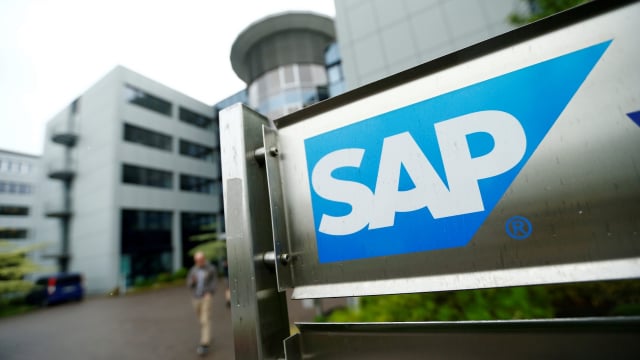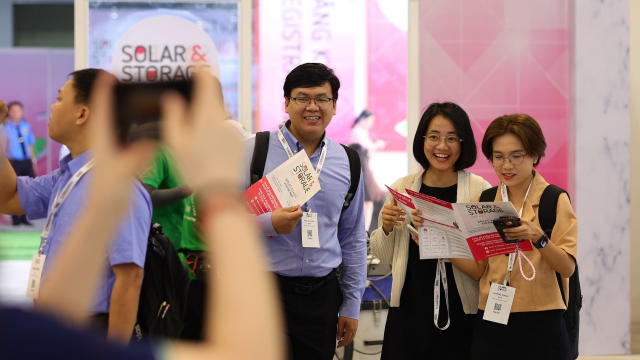Business
Recommendations for Vietnam’s recycling industry from the EU
The success of deposit-return system operation in some European countries recommends that Vietnam can apply the model to boost the circular economy in the future, especially when the informal waste collection workforce reduce.
In 2019, approved by an overwhelming majority of the European Parliament, the directive stipulates that at least 90 per cent of plastic beverage bottles in member countries should be collected and recycled by 2029.
Although the deadline is far, Finland has already surpassed this target since 2020, with 93 per cent of the total amount of bottles and cans purchased in the country were recycled.
Not a breakthrough policy or technology initiative, the reasons for the success include automated bottle-return machines developed decades ago, and the expansion of the system to include plastic bottles in the 2000s called deposit system.
There are almost 5,000 container-return machines across Finland of which most are located in the same shops and kiosks that sell beverages, making returning them a convenient part of people’s routine.
When buying a beverage in a bottle or can, a person has to pay a deposit of 15 to 40 cents that can be got back when he/she put the bottle in and the machine scans it, sorts it and issues a receipt.
Any bottles that someone happens to leave behind on the street or in a park are snapped up by someone who returns them for the deposit money.
On average, every Finn returns 373 items in a year, including 251 aluminum cans, 98 plastic bottles and 24 glass bottles. About 360 million euros a year is processed in bottle deposit money.
One special thing is that Finland’s bottle and can recycling operations is run by Palpa, the nonprofit company, demonstrating that a recycling system can develop by itself based on market mechanism.
In German, other European country, it is familiar to see people queuing with bags full of bottles and cans at a supermarket to return them.
Single-use bottles follow a different path. Once they've been collected in-store, they're packed off to a recycling plant, where they're shredded and turned into pellets to be made into new plastic bottles, textiles or other plastic objects, such as detergent containers.
Such a glass bottle can be refilled up to 50 times without losing quality, the state-run German Environment Agency (UBA) says. For reusable plastic bottles, it puts the re-use rate at 25.
These days, the country boasts a returns rate of above 98 per cent, and it is hard to reach a higher rate.
The success of deposit-return systems in Germany and Finland has inspired many other countries. In Ireland, the similar program is officially run from 2022, applied for aluminum cans and plastic bottles.
Malta also expects the system will helps it to achieve its goal of raising the collection and recycling rate to 90 per cent by 2026, three years earlier than the EU's overall target.
In Vietnam, the deposit-return system had been applied by some enterprises selling beer and drinks in glass bottles. The draft Law on Environmental Protection 2020 considered to legalize the model, allowing businesses to add a deposit to the product price. This deposit is non-taxable, and must be used to pay for packaging collection.
However, when officially approved, the law no longer has this provision based comments from the business community. Packaging Recycling Organization Vietnam (PRO Vietnam) analyzed that the deposit-return system is still not suitable for Vietnam in current, when the higher price greatly affect customer's consumption decisions.
It added that the model may work well for the later period, when the average income and consumers' awareness of collection and recycling increases.
Main goals of PRO Vietnam in 2022
Michelin leads the smart mobility revolution with data and AI
Michelin is undergoing a strong transformation by applying AI and smart analytic, helping lead the smart, safe, and sustainable mobility revolution in the Industry 4.0 era.
LG Innotek secures $200 million IFC loan following revenue drop
LG Innotek Vietnam Hai Phong secured a $200 million IFC loan as revenue slows, aiming to expand camera module production while meeting sustainability targets.
Leading with empathy in Vietnam’s billion-dollar investment flows
For Koen Soenens, Sales and Marketing Director at DEEP C, empathy is a compass that guides major deals, the way a leader builds a team, and the ambition to create a sustainable industrial zone that carries a Vietnamese identity.
Taseco Land’s new logo marks a new growth trajectory
Taseco Land has shifted its listing to HOSE and introduced a new upward-pointing arrow logo - a visual statement of its strategy to raise capital, expand its land bank, and strengthen its standing in Vietnam’s real estate sector
SAP positions Vietnam as key R&D hub with €150 million investment
Located in the heart of Ho Chi Minh City, SAP Labs Vietnam is the second SAP Labs Network hub in Southeast Asia, following Singapore and is one of 20 countries that have SAP Labs globally.
Solar & Storage Live Vietnam returns, leading sustainability and innovation in energy sector
Solar & Storage Live Vietnam event has been running since 2017 and the 2025 edition will be the biggest yet.















